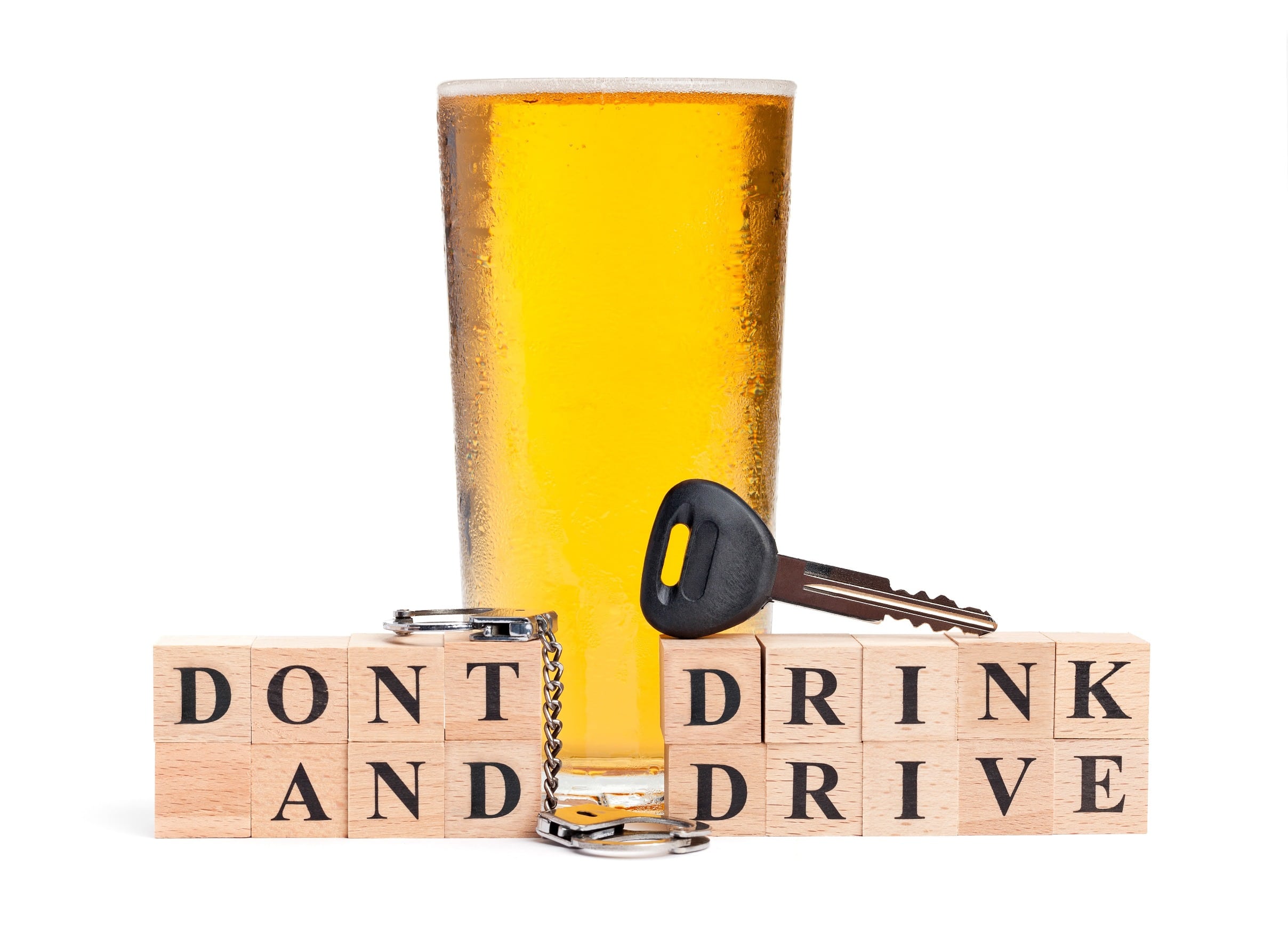New Study from JAMA Supports Impaired Driving Technology
July 3, 2023 | Category: DUI Accidents | ShareA new report was published on April 20, 2023, in the Journal of the American Medical Association (JAMA) Network Open. The report shows the public continues to have strong support for equipping every new car with impaired driving prevention technology that was mandated in the 2021 bipartisan Infrastructure Law.
 In a press release, Mothers Against Drunk Driving (MADD) CEO Stacey D. Stewart said, “The report reinforces MADD’s strong belief that most people want to see this safety feature on new cars to prevent the senseless deaths and injuries caused by impaired driving. With historic increases in traffic deaths over the past three years, implementation of impaired driving prevention technology is urgently needed.”
In a press release, Mothers Against Drunk Driving (MADD) CEO Stacey D. Stewart said, “The report reinforces MADD’s strong belief that most people want to see this safety feature on new cars to prevent the senseless deaths and injuries caused by impaired driving. With historic increases in traffic deaths over the past three years, implementation of impaired driving prevention technology is urgently needed.”
What Impaired Driving Prevention Technology is in the Infrastructure Law?
The Infrastructure Law mandates that anti-drunk driving technology be in new cars for the 2026-2027 model years.
Smart technology is more advanced than police breathalyzers or ignition interlock devices where a motorist blows into a device. These advanced systems use integrated sensors that can passively determine if the driver is impaired by alcohol and/or drugs.
The National Highway Traffic Safety Administration (NHTSA) reports that advanced passive technology systems to prevent drunk driving either already exist or are in development and could be deployed today, such as:
- Driving assistance systems that monitor the vehicle movement with systems like lane departure warning and collision assist.
- Driver monitoring systems that monitor the driver’s head and eyes, typically using a camera or other sensors.
- Passive alcohol detection systems use sensors to determine whether a driver is drunk and then prevent the vehicle from moving.
Equipping all vehicles with impaired driving prevention technology could save more than 9,000 lives every year, according to the Insurance Institute for Highway Safety (IIHS).
What Florida Cities Have Had the Most DUI Fatalities Per Capita?
There were 268 tragic fatalities caused by alcohol-only impaired driving accidents in 2022, and 199 fatalities caused by a combination of alcohol and drugs. There were also 227 fatalities from drug-only impaired driving crashes, 6.6 percent of the total fatalities in Florida.
According to the latest statistics, the following Florida cities had the most DUI fatalities per capita between 2015-2017:
- Sarasota (12.2 DUI deaths per 100,000 residents)
- Lakeland (6.5 deaths/100,000 residents)
- Jacksonville (5.6 deaths/100,000 residents)
- Petersburg (4.63 deaths/100,000 residents)
Although these are larger Florida cities, counties with smaller populations had much more deadly drunk driving crashes per capita. An example would be living in Hamilton County with a population of about 14,799. In this county, a person would be 21 times more likely to be hit and tragically killed by an impaired driver than if he or she were a resident of Miami-Dade County with 2.5 million people.
Florida DUI Accident Victim Lawyer Fights for the Rights of Victims
"Should you or a loved one be injured in a DUI accident because of the negligence of another, contact Spivey Law Firm, Personal Injury Attorneys, P.A. after seeking medical assistance. We have assisted hundreds of DUI accident victims to receive the compensation to which they are entitled under Florida law. We represent people involved in numerous types of personal injury and wrongful death accidents throughout the state of Florida. All of our clients have unique personal injury cases. Our firm provides personal contact and communication along with aggressive representation. Please contact us at 239.337.7483, toll-free at 1.888.477.4839, or online at SpiveyLaw.com,” said Florida DUI Accident Victim Lawyer Randall Spivey.

